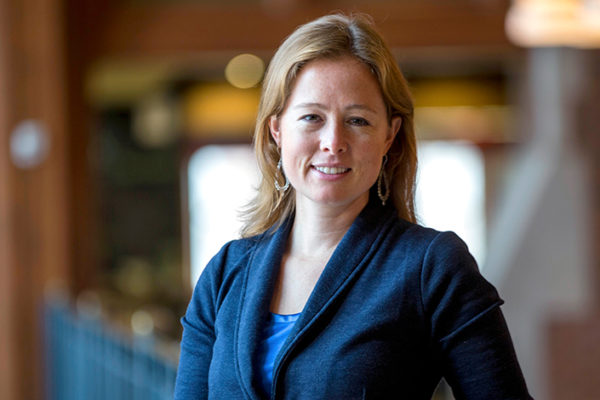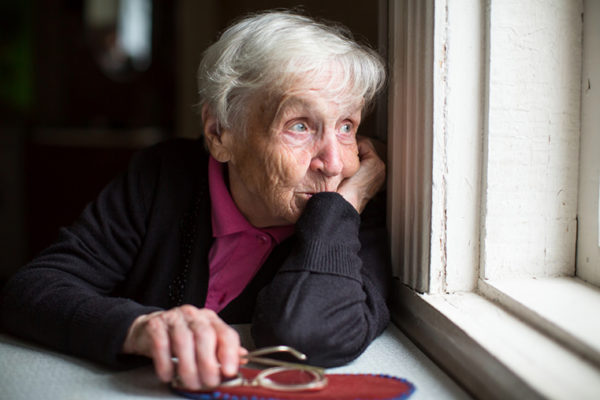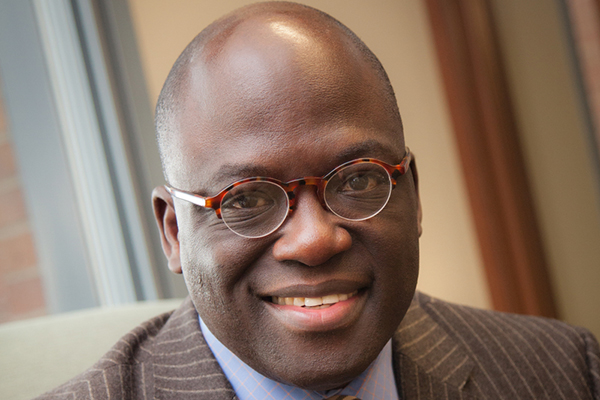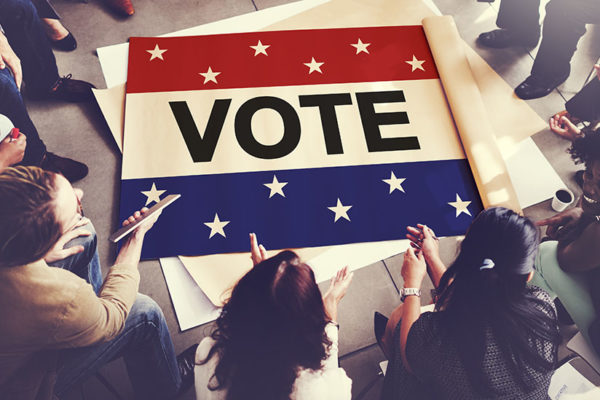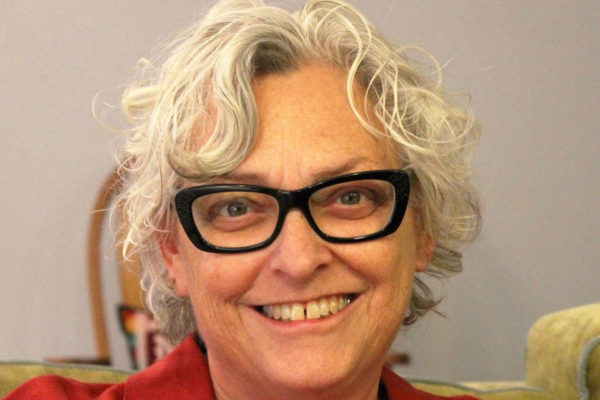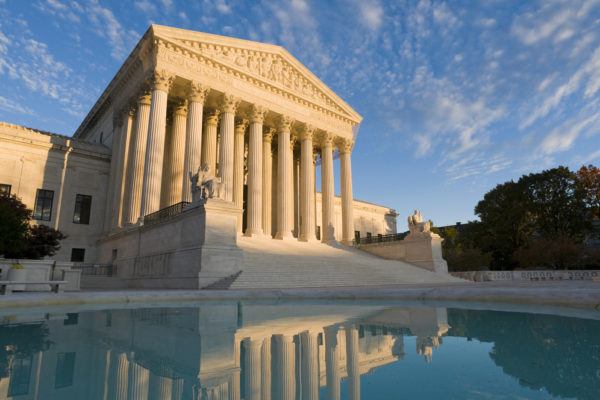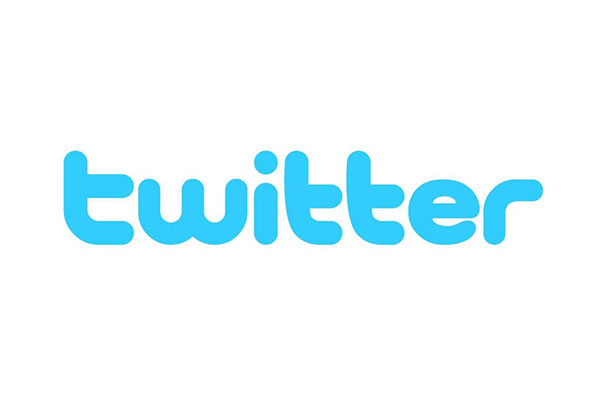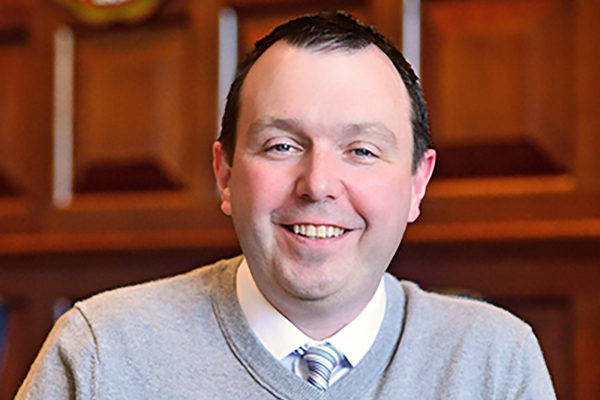It’s time to dismantle TIFs as tool of segregation
We have gotten skilled in this region at dropping the term “racial equity” when politically expedient. It is time to back that language up with some action on tax incentives. The growing number of St. Louisans who care about racial equity can tell the difference between empty rhetoric and tangible results.
Loneliness found to be high in public senior housing communities
Older adults living in public senior housing communities experience a large degree of loneliness, finds a new study from the Brown School at Washington University in St. Louis. Nevertheless, senior housing communities may be ideal locations for reducing that loneliness, the study finds.
B-Schools strike out on unconventional paths
Business schools must study their markets carefully to determine how they can push themselves in wholly new directions. Once they realize where they want to go, they’ll need to develop strong relationships with a range of unlikely allies—not just Fortune 500 companies, but startups, nonprofits, foundations, governments, high schools, and other business schools heading down similar paths.
WashU Expert: SCOTUS strikes down clothing ban over ‘imprecise’ wording
The U.S. Supreme Court on June 14 struck down a ban on clothing with political messages being worn inside polling places. Greg Magarian, professor of law at Washington University in St. Louis and an expert on free speech and the law of politics, says the court’s decision in the case was very narrow.
Clinton, Greitens and rethinking consent
Apologies only go so far. As #MeToo reminds us, we must look beyond the “bad man.” We must confront the systems that enable sexual violence — systems that all too often we countenance with our own participation.
WashU Expert: SCOTUS decision strikes another blow against democracy, voting rights
The U.S. Supreme Court on June 11 upheld Ohio’s efforts to purge its voter rolls. The move spreads voting discrimination across America, argues a constitutional law expert at Washington University in St. Louis.
Can a Twitter-based reporting tool improve foodborne illness tracking?
Foodborne illness is a serious and preventable public health problem, affecting one in six Americans and costing an estimated $50 billion annually. As local health departments adopt new tools that monitor Twitter for tweets about food poisoning, a study from Washington University in St. Louis is the first to examine practitioner perceptions of this technology.
Robert F. Kennedy and Mr. Rogers: Two icons of masculine empathy sorely missed today
Two new documentaries, released within months of each other, reveal just how much Kennedy and Rogers share in common: Dawn Porter’s “Bobby Kennedy for President”, on Netflix since April, and Morgan Neville’s “Won’t You Be My Neighbor?”, in theatres June 8, two days after the fiftieth anniversary of RFK’s assassination.
WashU Expert: More at stake than cake in SCOTUS decision
While this week’s U.S. Supreme Court decision siding 7-2 with bakery owner Jack Phillips in Masterpiece Cakeshop v. Colorado Civil Rights Commission was “far from explosive,” it still sends important signals on how such cases will be handled in the future, said a legal scholar at Washington University in St. Louis.
WashU Expert: Clear principles needed for meaningful digital free expression
Our daily lives revolve around the internet, whether it’s personal contact, news or the sharing of political views. As such, there remains significant work to do so the internet can deal with the real challenges it faces, rather than ones it fails to consider, an internet privacy expert at Washington University in St. Louis said.
View More Stories
